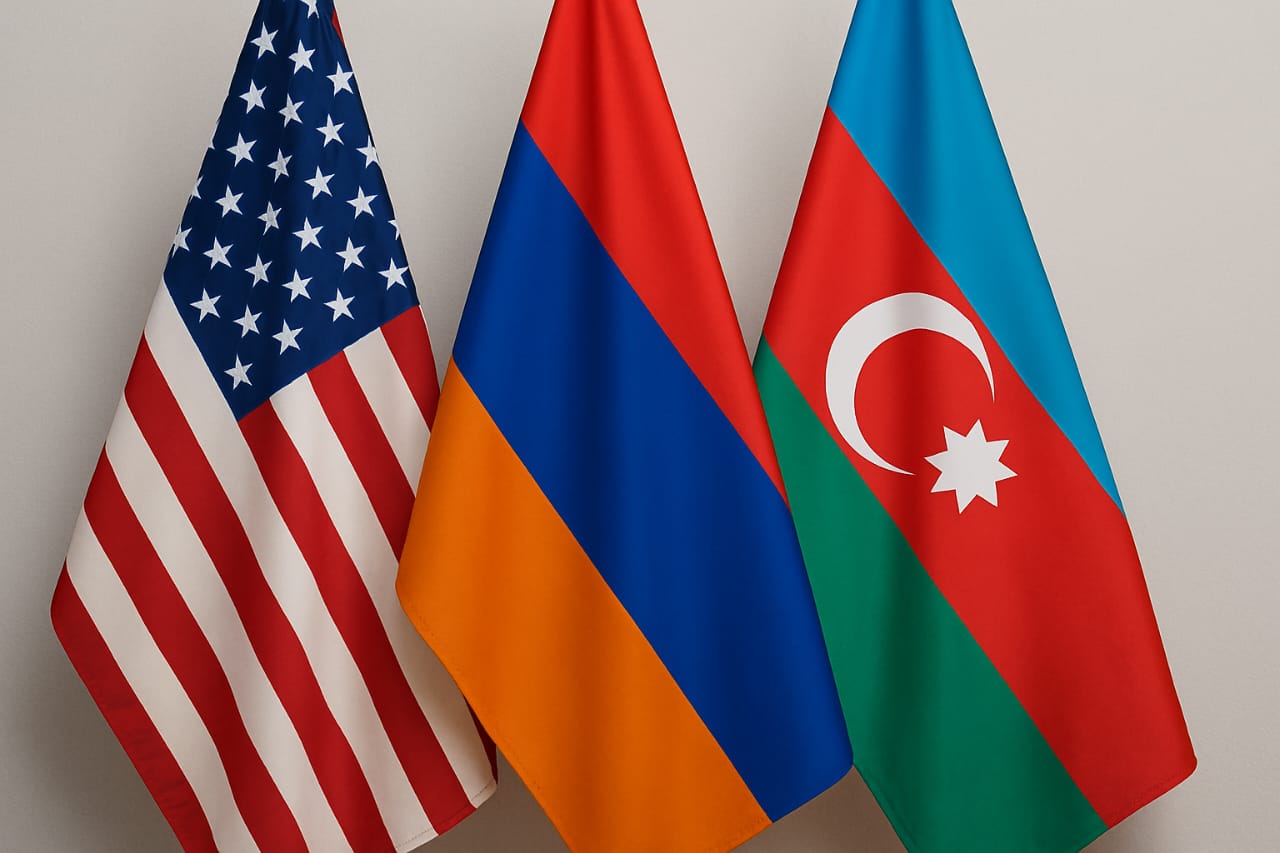Washington, D.C. — August 8, 2025
In a major diplomatic milestone, U.S. President Donald Trump is set to host the leaders of Armenia and Azerbaijan at the White House this Friday to finalize a peace agreement aimed at ending decades of tension in the South Caucasus.
The deal includes a new civilian transit corridor connecting Azerbaijan to its exclave, Nakhchivan, via southern Armenia. The route, tentatively named the Trump Route for International Peace and Prosperity (TRIPP), will be governed by Armenian law and managed by an international consortium led by the United States.
🌍 A Corridor for Connectivity
The TRIPP corridor is designed to boost regional trade and cooperation without any military involvement. Officials say it will serve as a symbol of peaceful development, encouraging economic growth and long-term stability across the region.
🕊️ Resolving a Historic Dispute
The peace framework addresses the long-standing conflict over Nagorno-Karabakh, a region internationally recognized as part of Azerbaijan but previously held by ethnic Armenian forces. Azerbaijan regained control over most of the territory in military campaigns in 2020 and 2023, leading to accusations of ethnic cleansing by Armenia—claims currently under review by the International Court of Justice.
As part of the agreement, both nations are expected to formally exit the OSCE Minsk Group, which has mediated negotiations since 1992.
🇺🇸 U.S. Role and Global Implications
The United States will hold exclusive development rights to the TRIPP corridor, marking a strategic shift in its involvement in the South Caucasus. Experts suggest the move could reduce Russian influence, strengthen U.S. ties in the region, and open new trade routes between Europe and Asia.
Sources close to the negotiations also indicate that Azerbaijan may join the Abraham Accords, further aligning itself with U.S.-led diplomatic and economic initiatives.
TWW - The World Wide: Global News,Local Impact.

